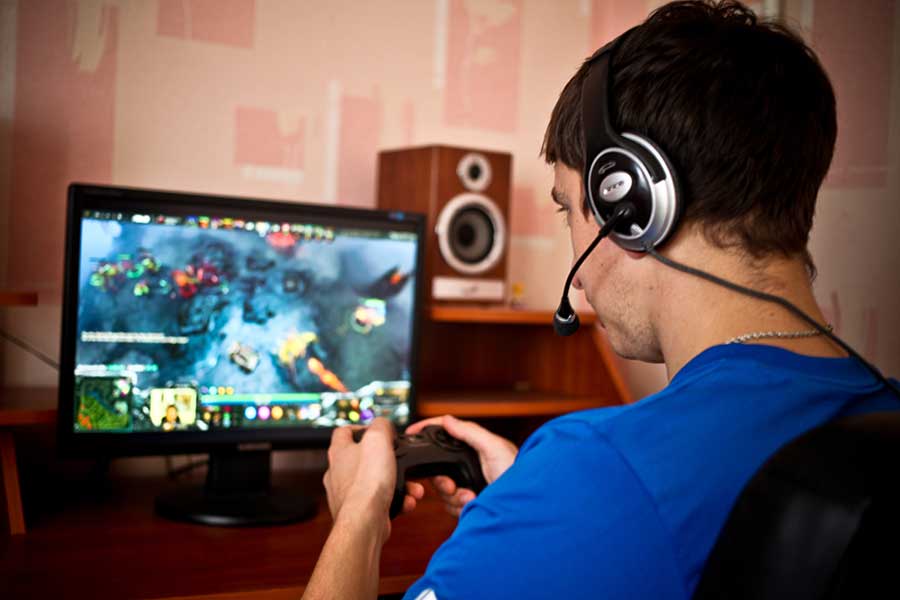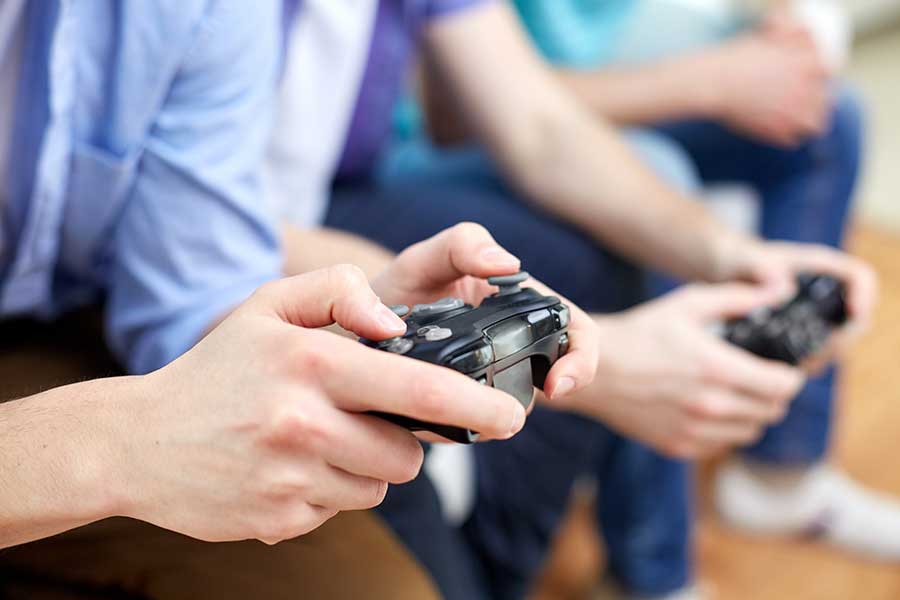Nearly every Canadian teenager has access to electronic devices. Those devices can often become the most important component of their lives at the expense of everything else.
Unfortunately, like other addictions, the immediate accessibility, engaging nature, and rewards of gaming and online connections can sometimes hijack a developing brain, making it the activity of choice at the expense of other crucial developmental activities. Without timely and thorough intervention, teens can suffer serious adverse effects from gaming addiction. The impact of those effects could last a lifetime if not addressed. Not sure what to look for? Our Venture Academy team has compiled a list of the seven most common effects of gaming addiction.
At Venture Academy, our team recognizes the impact of the effects of gaming addiction on teens and how teen gaming addiction can derail young people’s lives. Learn more about how our team can help your teen face and overcome gaming addiction by calling us at 866.762.2211 or contacting us online.







